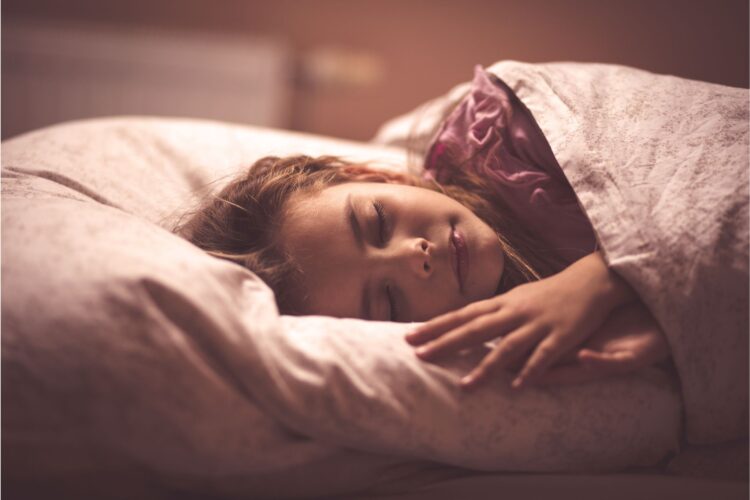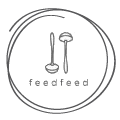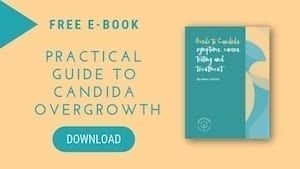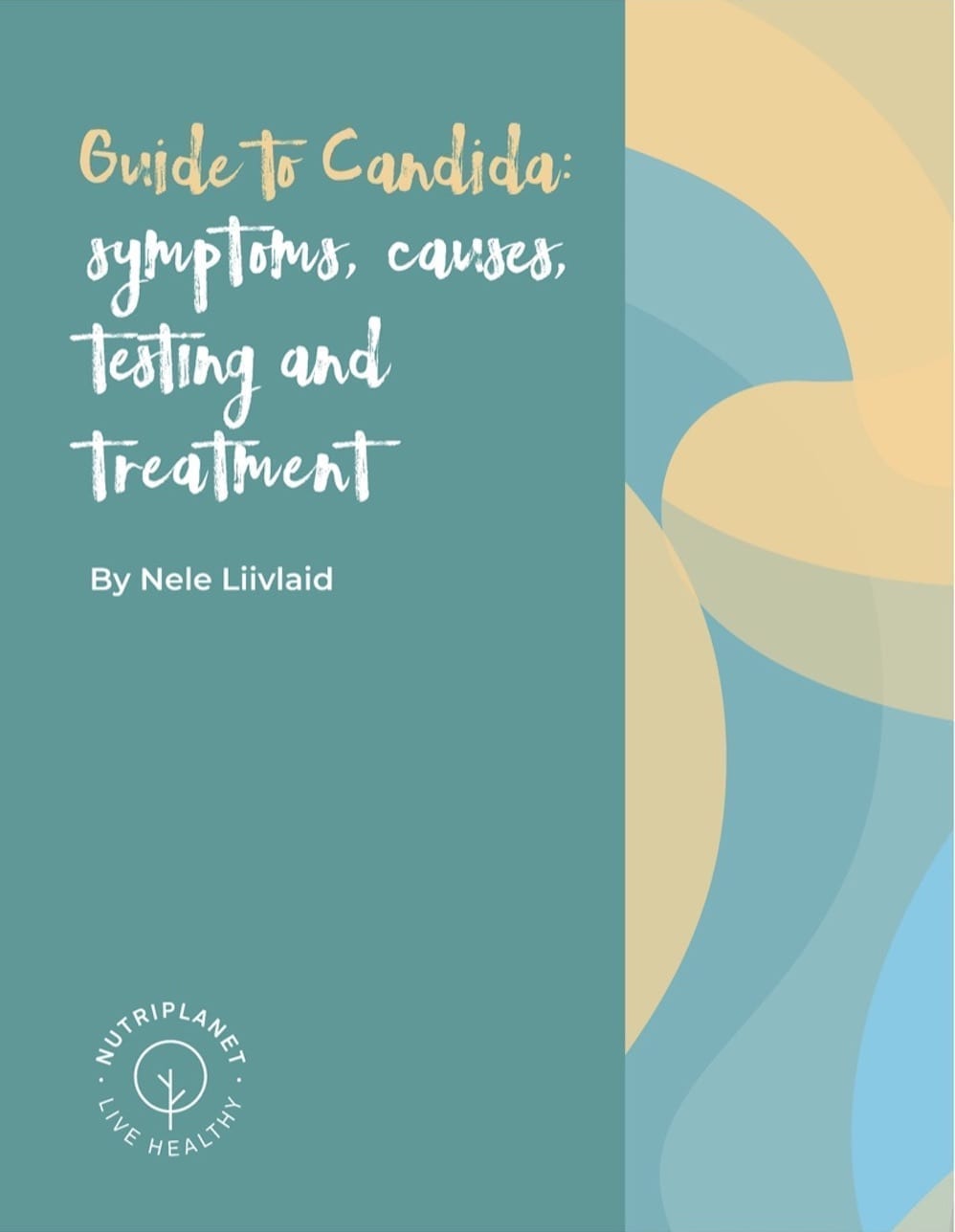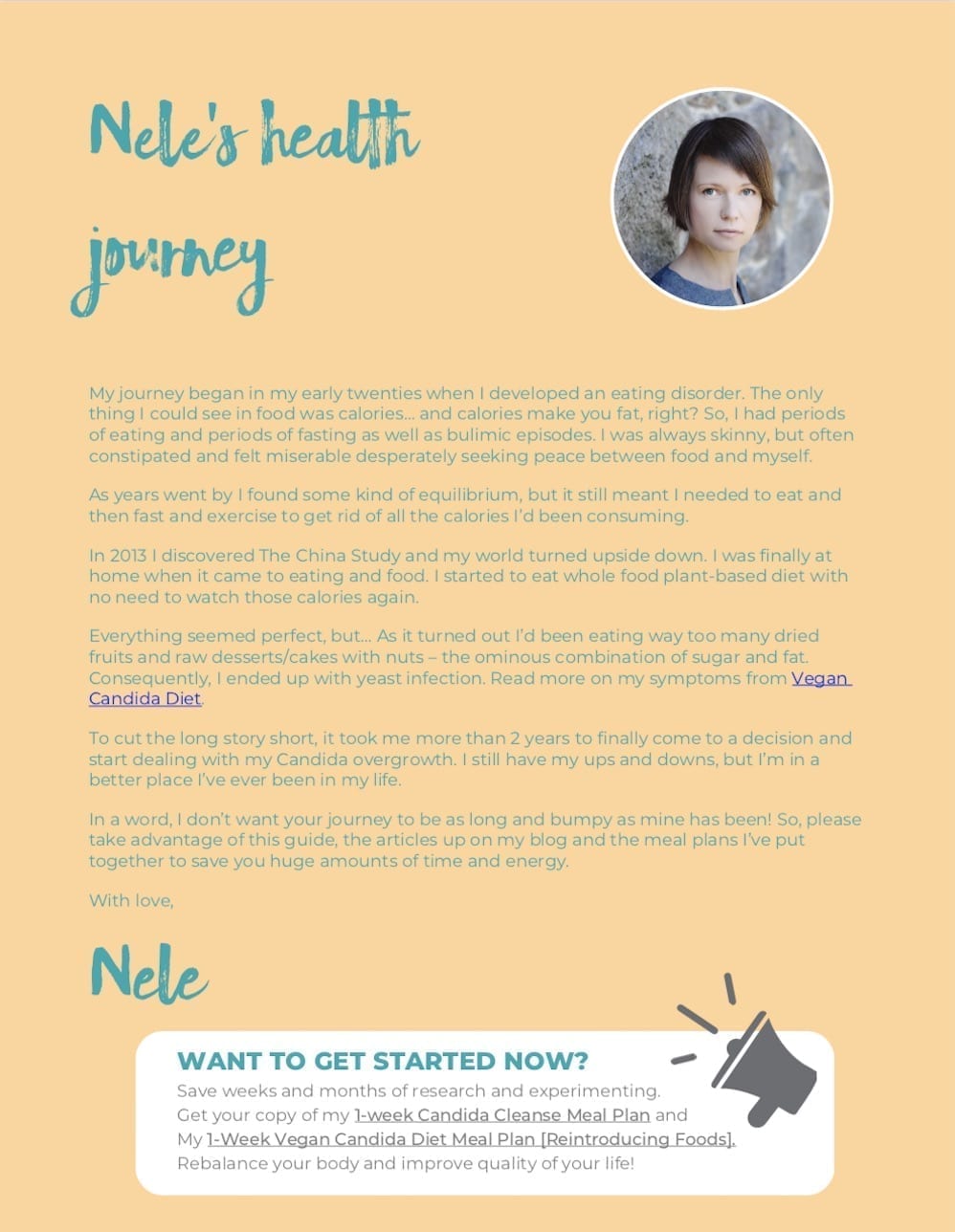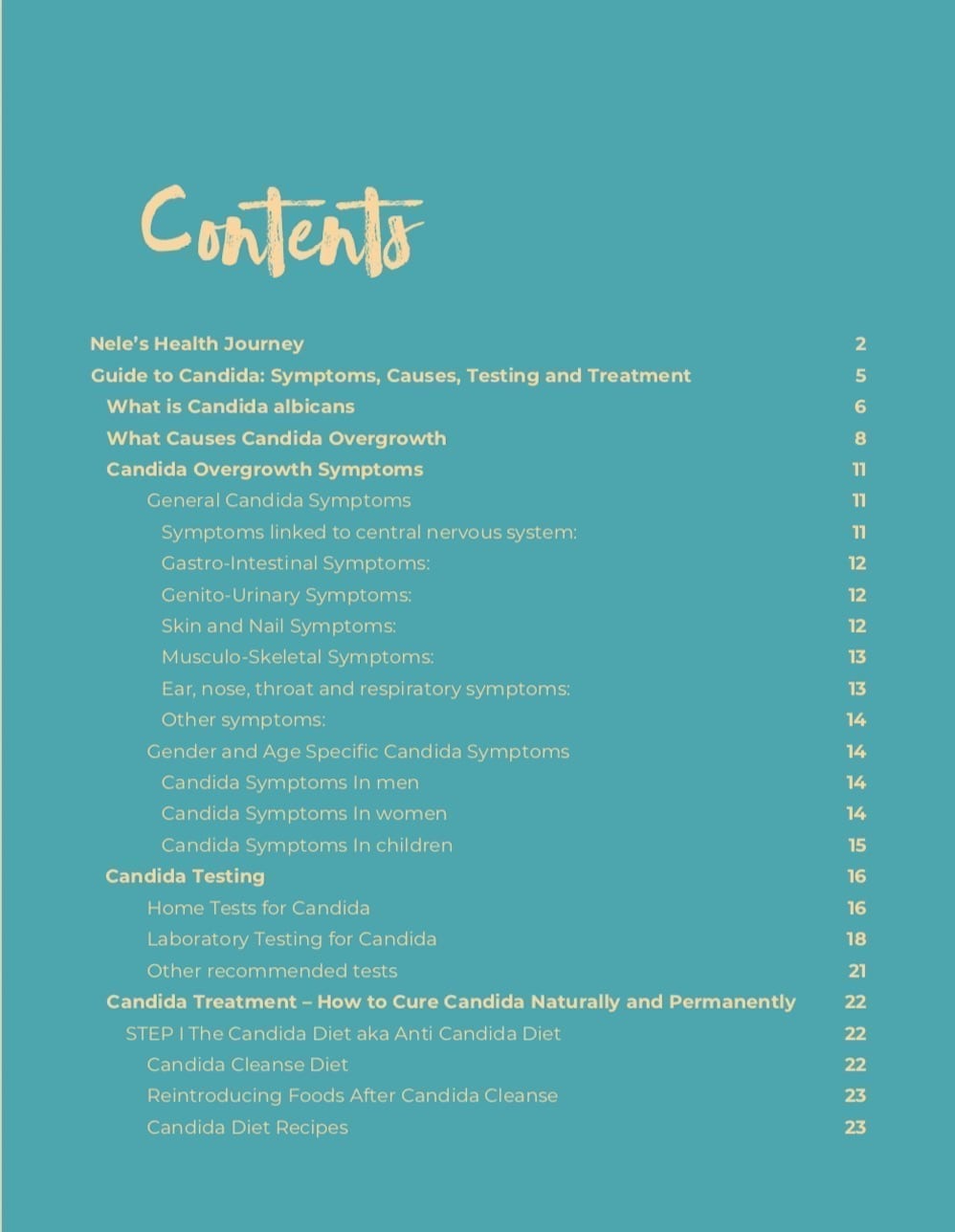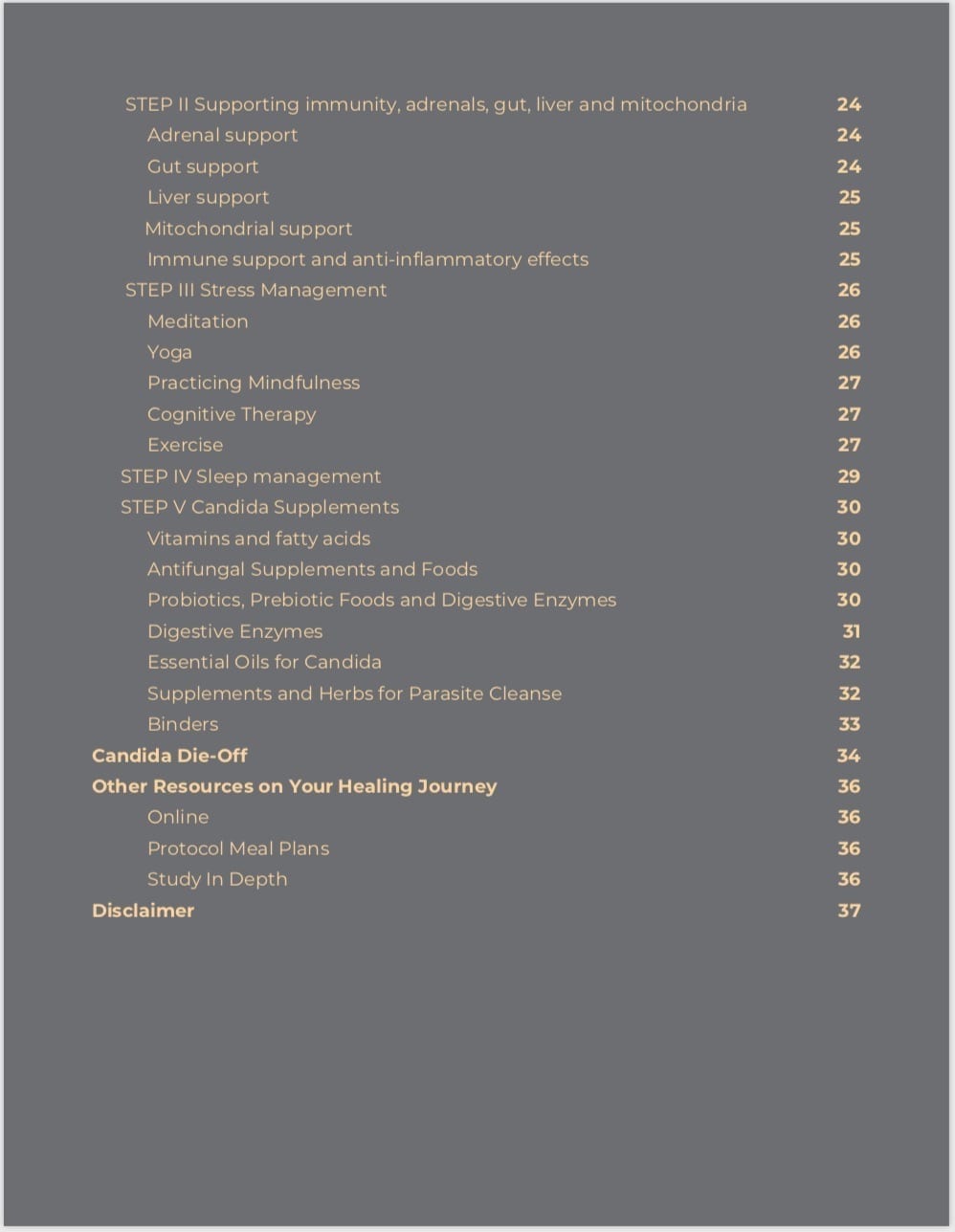In our fast-paced world, figuring out how to sleep better has become a vital question. Quality sleep is the foundation upon which good health and well-being are built, acting as a cornerstone that supports both mental clarity and physical vitality. When we close our eyes and succumb to rest, our bodies embark on a critical process of repair, rejuvenation, and recalibration.
But what if sleep seems elusive, and we find ourselves tossing, turning, and chasing after restful nights? In this article, we’ll dive deeply into the art and science of sleep, exploring actionable strategies and insightful approaches on how to sleep better, achieve profound rest, and wake up to a life filled with energy and vitality.
Be sure to explore the companion article that perfectly complements the insights shared in this one: Circadian Rhythm: Navigating the Natural Rhythms for Optimal Health. Together, they offer a comprehensive perspective and additional strategies to enhance your journey toward improved well-being.
Go ahead and listen to this article as a podcast and check out my other episodes full of gems!
Table of contents
How to Sleep Better: A Good Sleep Hygiene
If someone has good sleep hygiene it means that they have a set of habits and behaviours that contribute to regular, restful, and adequate sleep. It means you have daily habits and sleep environment that promote consistent and uninterrupted sleep.
Here come practical tips for maintaining a good sleep hygiene to improve your sleep quality.
Consistent Sleep Schedule
It’s crucial to go to bed and get up at the same time every day, even on weekends. By having this consistency, you reinforce your body’s sleep-wake cycle and help improve the quality of your sleep.
Bedtime Ritual
How do you go to sleep, what precedes? Do you phase off straight after switching off your TV or scrolling through social media? Or maybe right after an argument? Not the way! Instead, establish a calming pre-sleep routine. For example, read or listen to a book, listen to soft music, practice meditation, or soak in a hot bath with Epsom salts and calming essential oils. And you can alternate, it doesn’t have to be the same every night.
Limit Screen Time
That being said, the next crucial aspect on how to sleep better is to limit screen time at least an hour, better even 2 hours before bed. It’s because the blue light emitted by phones, tablets, computers, and TVs can interfere with melatonin, the hormone that regulates sleep. Computers and phones also have a light setting which you can turn on and they automatically switch to warmer/yellower tones after a certain time. I have it turned on both, the computer and phone. Blue light glasses are another option if you need to watch your screen close to bedtime.
Mind Your Diet
Large or heavy meals, caffeine, and alcohol can all disrupt sleep. I’d recommend stopping eating altogether at least 2 hours before you got to bed. If you’re hungry and need a small bite, have something easy to digest like plain fruits or vegetables. Also, try not to drink anything an hour before to reduce night-time trips to the bathroom.
Avoid Stimulating Activities
One thing is stimulating foods or beverages but there are also such activities. Try to avoid stressful or stimulating activities before bedtime. For example, discussing emotional issues, watching intense TV shows or news, and working. It includes workouts about 2 hours before bed. A walk is fine but intense workouts should be scheduled latest for the afternoon.
The best way to schedule your workouts to promote better sleep are:
- Aerobic or resistance in the morning as it may stimulate earlier melatonin release in the evening.
- High intensity workouts in the afternoon to promote sound sleep by reducing wakefulness.
- Light resistance or aerobic activities may be performed in the evening as they may reduce night-time awakenings.
Optimal Sleeping Environment
Now, you’ve had your bedtime ritual and you’re actually going to bed. Your bedroom should be a haven for sleep. Make it dark, quiet, and cool. Consider using earplugs, an eye shade, or a white noise machine if needed. Also, mattress and pillows play a role here – make sure they’re comfortable.
Bedroom for Sleep and Intimacy Only
Use your bedroom only for sleep and intimacy. Avoid working, watching TV, or other activities. This strengthens the mental association between your bedroom and sleep. I personally also read and sometimes meditate in the bedroom. You can find your own balance.
Also crucial, don’t have any electronics turned on in the bedroom while you sleep.
If You Can’t Sleep, Leave
Now, you’ve all the above but still can’t sleep. If you’re unable to sleep after about 20 minutes, leave your bedroom and engage in a quiet, non-stimulating activity, like reading, meditating or listening to music or a podcast (avoid stimulating ones). Then, return to bed when you’re tired.
Another option would be yoga nidra which is one of my favourites it’s basically a type of meditation where you go through all your body parts 1 by 1. You do the right side of your body first. Then the left side, then the back of your body and the front of your body.
Postpone Worries
Now, this one is easier said than done. If you find yourself anxious at bedtime, jot down your concerns and postpone thinking about them until the next day.
Relaxation Techniques
To help you with worrying, there are relaxation techniques such as deep breathing, meditation (especially yoga nidra), visualisation, progressive muscle relaxation. The latter is an exercise that reduces stress and anxiety in your body. You slowly tense and then relax each muscle. I do it in the podcast episode, go and have listen!
Consider Light Therapy
If your sleep pattern is really disrupted and you need more help in restoring it, consider light therapy. Especially during darker months. Light therapy can stimulate the pineal gland, and help regulate your sleep-wake cycle.
It’s not too difficult to incorporate these tips into your daily routine. And as a result, you sleep better, have improved mood, concentration, and overall health. Good sleep isn’t a luxury; it’s a necessity.
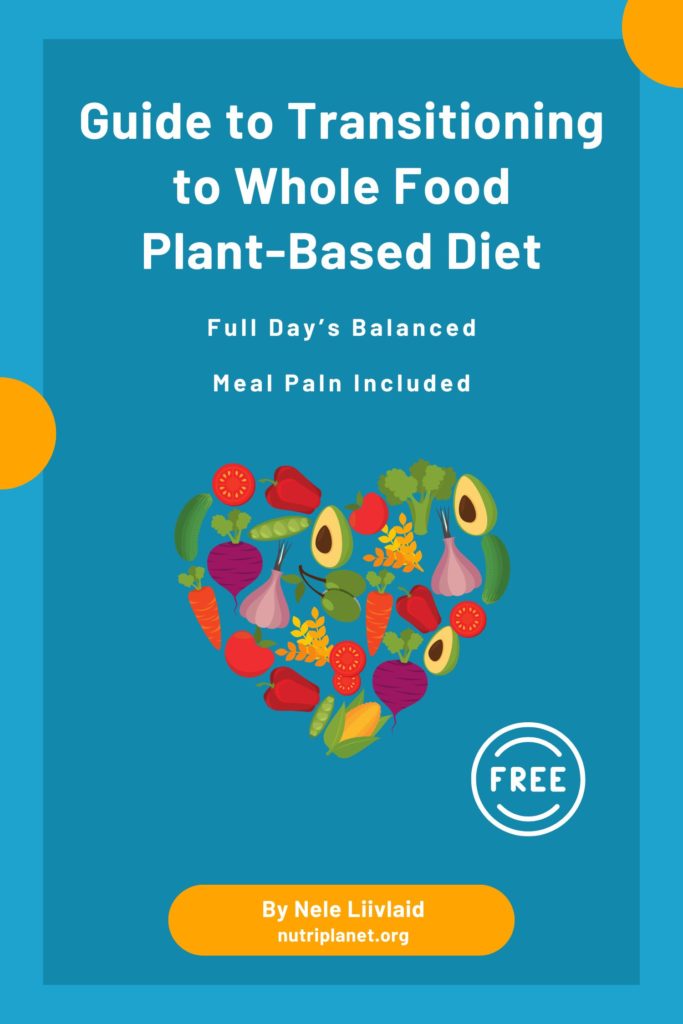
Download my FREE Guide to Plant-Based Diet
Including a full day’s meal plan!
Learn the basics, prepare your kitchen and pantry, compile a balanced meal plan, handle challenges with family and friends, learn the tricks of dining out as well as travelling.
Learn the secrets of weight loss, better health and happiness!
The Role of Modern Life in Creating Sleep Disturbances
If you want to know how to sleep better, you need to be aware of modern life factors that disrupt your sleep.
In our modern society we have distanced ourselves from natural cycles and nature in general. We are programmed to be productive every day, no matter what. And our productivity is often measured by how much money we make or how may followers we have. What about health and joy?
Bottom line, as part of the modern society we‘re expected to be on go-go-go mode all the time, behind the screens, getting things done or searching for instant gratification. Let’s look into it, what are the factors that disrupt our sleep:
Technology
Devices like smartphones, tablets, and computers emit blue light that can inhibit the secretion of melatonin, our sleep-inducing hormone. Add to that the dopamine-driven cycle of checking social media, emails, and news, and you have a recipe for disaster.
24/7 Work Culture:
We are so global now, which has brought many benefits but many people are working across multiple time zones, and this leads to irregular hours and fragmented sleep. It’s the expectation that we’d always be available and online which further adds to the stress and hampers relaxation.
Urbanisation and Noise Pollution
Most of us live in cities which means noise and light pollution. All this can disrupt our sleep environment.
Sedentary Lifestyle
The modern lifestyle is often sedentary. We spend long hours in front of screens sitting on our butts. If we don’t have enough movement built into our days our sleep quality and duration suffers.
Increased Caffeine and Alcohol Consumption
Then, people turn to stimulants like coffee or temporary and short-lived relaxation like alcohol. Obviously, it interferes with your sleep. Caffeine is a stimulant that can delay sleep onset, while alcohol can fragment our sleep.
Overloaded Schedules
People want “have it all,” so, they often overextend themselves, and sacrifice sleep to fit in more activities.
The Social Jet-lag Culture
From a circadian rhythm standpoint, when we go to bed late and sleep in on the weekends, it’s as if we flew a few time zones west on Friday evening and flew back east on Monday morning.
Yet it is so normalized and it’s so ingrained in our brains that it’s even cool to stay up super late and really sleep in during the weekends. What this behaviour does, it has the same effect on your body as jetlag and you do this every week.
Population studies suggest those who have at least an hour of social jet lag a week (which may describe more than two-thirds of people) have twice the odds of being overweight. Something to think about here.
Have you noticed that changing your sleeping schedule influences your bowel movements? I certainly have. When I sleep longer, my bowel movement pattern totally gets disrupted. Meaning, if I sleep through the time when I usually go my bowels somehow forget about it and I might not go until the evening or even skip a day which is not good at all as it’s an important detoxification pathway.
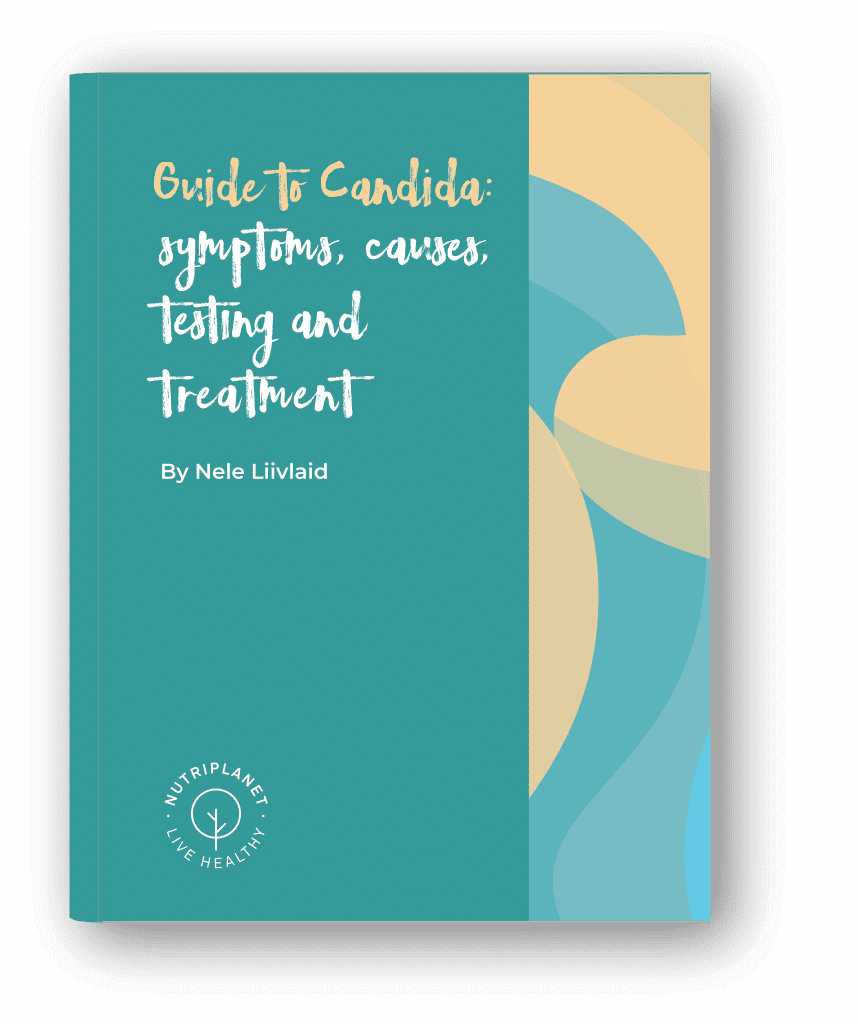
Tips to Manage Sleep Disturbances
Okay, we’ve created all these disruptions. Now let’s see what we can do about them, and manage these disruptions:
Digital Detox
Make time in the evening, at least an hour before bedtime, when you switch off all electronic devices. You can also do daylong or even weeklong detoxes from time to time. A good practice for me is having my phone on silent mode and not checking any apps before I’ve gone through my morning routine. Well, the only app I’m opening is the meditation app obviously and that’s why I also turn off the airplane mode after I wake up, otherwise, it could stay on until it’s time to check my phone.
Set Boundaries
Establish your work hours and stick to them. Inform your colleagues about it to prevent late-night emails or calls.
Create your Sleep Sanctuary
Then, we already covered that when talking about sleep hygiene but it’s good to repeat it here. Deal with light and noise pollution – if you don’t already have them, invest in blackout curtains, earplugs, or white noise machines to. In short, make your bedroom a place of rest and relaxation.
Staying Active
Now, let’s fight sedentary lifestyle by staying active every day. Even a 30-minute walk can significantly improve sleep quality.
Monitor Intake
Drink coffee and other caffeine containing beverages during the first half of the day. If you can’t not drink some alcohol, be aware and don’t overdo it. Remember, while alcohol might make you drowsy, it can disrupt the stages of your sleep.
Prioritise Sleep
And, I guess you’ve already gotten the point by now – make sleep your priority. It has tremendous impact on your health, mood, and productivity. It’s not an expendable commodity but a vital aspect of self-care.
So, it would be ideal to get natural light into your eyes without a window glass between very soon after waking up. It can be as simple as opening a window or going out into the balcony if you don’t have time for a walk. People have reported a tremendous difference in their sleep quality after doing this for just a week.
Practice Relaxation Techniques
And finally, practice relaxation techniques. So, deep breathing, meditation, or yoga help you wind down and signal your body that it’s time to rest.
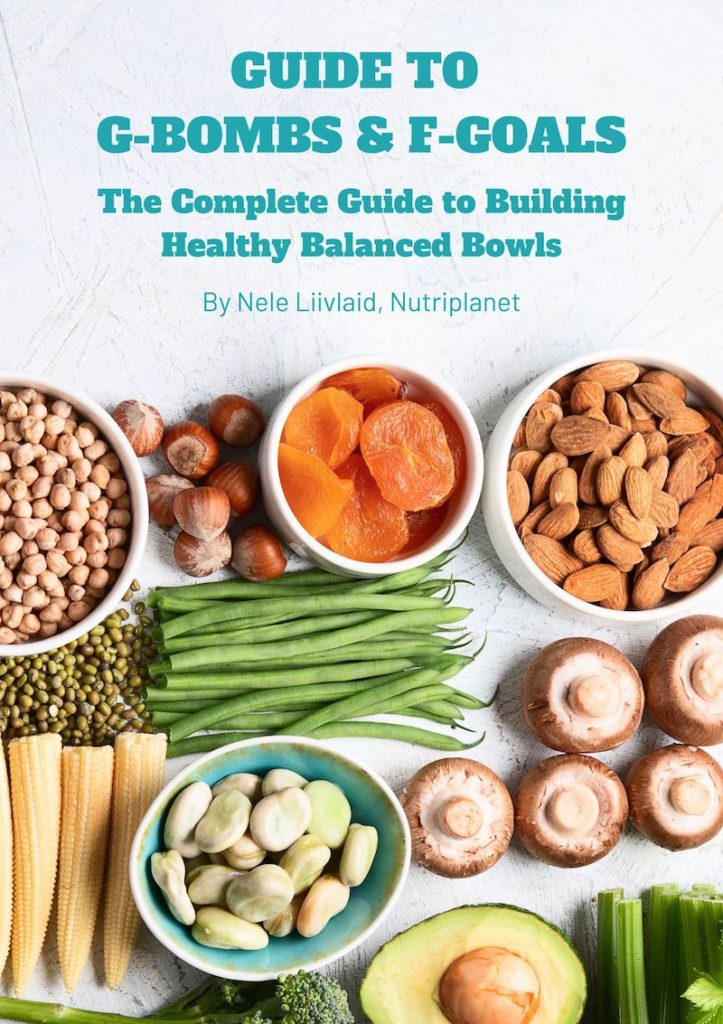
Step-by-step visual guide to building your own balanced bowls.
How to Sleep Better: Foods, Herbs, and Supplements
Next, let’s talk about foods, supplements, and herbs that improve the quality of your sleep.
Foods For Better Sleep
There are certain foods that increase the levels of melatonin. More precisely, foods that contain the amino acid tryptophan, vitamin B6, magnesium, calcium, zinc, and folic acid.
Now, tryptophan is a precursor to serotonin and melatonin. In fact, serotonin levels are directly related to tryptophan intake. And in order to metabolise it, we need vitamins B6 and C, folic acid, and magnesium.
What foods can you eat then to increase the levels of the mentioned substances?
- nuts and seeds (especially pumpkin, sunflower, chia and flax, sesame, almonds).
- Legumes, particularly soybeans, tofu, edamame, lentils, chickpeas, and white beans.
- Dark chocolate or cacao.
- Bananas
- Avocado
Herbs For Better Sleep
- Chamomile is a great sleep aid. Make a cup of tea before bedtime.
- Kava (Piper methysticum) works through the nervous system, and it lessens anxiety, reduces pain, and promotes relaxation. Kava can bring about relaxation without causing “brain fog” or any lack of mental clarity. However, it may take 1 or 2 months of regular kava use to realize these benefits.
- Other relaxing herbs include valreian root, vervain, catnip, hops, or linden flowers.
- Hemp CBD tea. Apparently drinking CBD hemp tea comes with a range of benefits but the main ones are associated with calming the nervous system so switching to parasympathetic nervous system relaxation in general and also better sleep. Listen to my “funny” experience with hemp CBD tea from the podcast episode!
So, enjoy your cup of herbal tea in the evening. I personally have welcomed this routine into my pre-sleep ritual, especially during the colder and darker months. I particularly like the mixture of chamomile and ginger.
Supplements For Better Sleep
Now, let’s see which supplement options there are should you need some.
You can begin with just vitamin C, calcium, and magnesium. Vitamin C helps absorb calcium and magnesium. Another note, if you take zinc as a supplement, consume it away from those two and they compete with one another.
And, the ideal Ca to Mg ratio is 2:1. For example, if you take 500 mg of calcium, take 250mg of Mg. Together, they regulate heart and muscle contractions. Ca si responsible for contractions and Mg is relaxant.
By the way, calcium and magnesium are both alkaline minerals, so don’t take them with or right after meals, as they can reduce stomach acid and are overall poorly absorbed when taken with food.
Before I move on with additional options, I need to note that you should consider these supplements only in case you’ve tried all the behavioural tools + C, Ca and Mg, and still find that you have trouble sleeping.
That being said, you can add 500 mg of L-tryptophan (or 5-HTP), increasing the dosage, if necessary, by 500 mg every 3 days, up to 2,000 mg. If you still have no relief, try an herbal sleep-inducing formula, beginning with 1 or 2 capsules and building up if needed.
Sleep-Aid Nutrient Cocktail
- Vitamin C 500–1,000 mg (helps mineral absorption)
- Calcium 500–750 mg
- Magnesium 350–500 mg
- Potassium 300–500 mg L-tryptophan 500–2,000 mg (if available) or 5-HTP (5-hydroxytryptophan)
L-Tryptophan
Because other amino acids, such as tyrosine and phenylalanine, compete for absorption with tryptophan, tryptophan must often be taken as a supplement to increase its blood levels.
A few more words on tryptophan. Usually, 1 to 2 grams of L-tryptophan are needed to induce sleep. However, maintain the lowest dose that works (often as little as 500 mg). It can be repeated if you wake in the middle of the night. Initially, take 1 gram of L-tryptophan 30 to 45 minutes before bed, it should reduce the time it takes to fall asleep.
L-Theanine
It’s an amino acid that has a calming effect. If you have a really stressful period, you can take it before bed and again in the morning. It doesn’t make you dizzy but simply calmer. It works by altering brain levels of serotonin and in this way, changes nervous system balance for better.
By the way, it’s naturally found in green tea. And it’s noteworthy that matcha contains up to five times as much L-theanine as regular green tea (20 mg versus 4 mg).
But, there’s a but – it depends greatly on the quality of matcha you use. In order to have stress-inducing effect, the matcha powder needs to contain at least 17mg/g of theanine. In a study where 76 matchas marketed in Japan and 67 matchas marketed overseas were tested, 50 out of 76 in Japan met the criteria. Whereas only 6 out of 67 marketed overseas met this condition.
In addition to this, the molar ratio of caffeine and EGCG (unique plant compound thought to reduce inflammation, aid weight loss, and help prevent heart and brain disease) to theanine and arginine (the second most important amino acids in matcha tea) might need to be lower than two. The result indicated that 32 out of 76 samples in Japan met this condition. Only one sample sold overseas met the condition.
Unfortunately, the study didn’t reveal the matcha brands. However, opt for high quality Japan ones that cost more. At the moment, around 20 euros per 30g is a decent price, cheaper than that and it gets a bit dodgy. If you want to be sure, contact the seller or producer and ask whether they have tested their powder for theanine, arginine, and EGCG content.
Melatonin
Moving on, melatonin can also be taken to induce sleep but only occasionally. If you take it over long periods of time, it might cause problems. So, it’s best to leave it for acute stress periods or for when you need to overcome jet lag. It should actually be recommended to adult travellers flying across five or more time zones, particularly in an easterly direction, and especially if they have experienced jet lag on previous journeys.
Anyway, take it with caution and stick to low doses (1-3mg) on short-term basis only. I had acute stress in the spring and took advantage of melatonin and it worked well. Now, I take it maybe a few times a month when I struggle to fall asleep. This usually happens when I go to bed way later than my usual pattern.
Apigenin, GABA, Glycine, and Myo-Inositol
Next, I’m going to share some useful information I picked up from Huberman Lab Sleep Toolkit episode. If you want more details, go and listen to it yourself.
Namely, There are more advanced supplements to consider:
- Apigenin which is a flavonoid present in many vegetables and herbal spices including parsley, celery, basil, chamomile, cilantro, and oregano).
- GABA (gamma-Aminobutyric acid), a neurotransmitter. It slows down your brain by blocking specific signals in your central nervous system (your brain and spinal cord). GABA is known for producing a calming effect.
- Myo-inositol (b8 vitamin). Can make it easy to fall back asleep when you need to go to bathroom.
- Glycine (an amino acid). Taking glycine can help you reach deep sleep more quickly and improve your quality of sleep by stabilising your sleep rhythms.
The combination of magnesium threonate, apigenin and theanine seems to be effective or you can try just one of them. It’s a basic sleep regimen.
Additionally you can try 2g of glycine and 100mg GABA, adding to the above stack every 3rd or 4th night.
Then, there’s an option to add in 900mg myo-inositol every other night AWAY FROM glycine and GABA.
However, this is all very advanced and only for those who are interested in bio-hacking. It’s sufficient to start with behavioural techniques and more common supplements like magnesium and calcium.
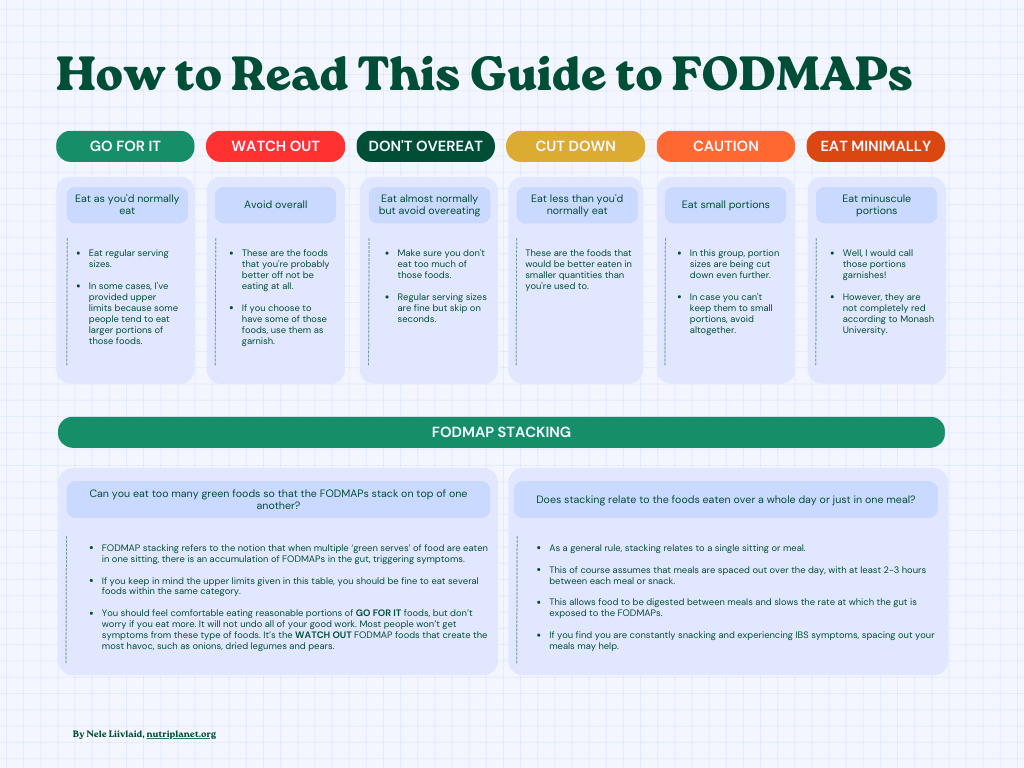
FODMAP Food List & Guide to Low FODMAP Bowls
Get a comprehensive and easily graspable FODMAP food list as well as a step-by-step guide to compiling healthy and balanced low FODMAP bowls
Circadian Rhythm, Good Sleep & Its Significance
Our bodies operate on a natural 24-hour clock that is known as the circadian rhythm. This is our internal timekeeper and it regulates various bodily functions, from hormone secretion to metabolism. When you respect this rhythm you ensure that our body and mind operate at their peak, and you enhance your overall well-being. Read more from the article Circadian Rhythm: Navigating the Natural Rhythms for Optimal Health.
It’s worth emphasising once again that sleep isn’t just about resting; it’s a time when your body repairs and rejuvenates. Quality sleep helps with better memory, supports immune function, and balances hormone levels. If you disrupt your sleep-wake cycle or consistently miss out on quality sleep you will lead yourself to physical and mental problems.
Sources (all online sources were accessed inn October 2023):
- Haas, Elson M.; Levin, Buck. Staying Healthy with Nutrition. [Amazon affiliate link].
- What’s the Best Time of Day to Exercise for Sleep? [Link]
- The Benefits of Progressive Muscle Relaxation and How to Do It. [Link]
- Greger, Michael. How Not To Diet: The Groundbreaking Science of Healthy, Permanent Weight Loss. [Amazon affiliate link]
- 5 Scientifically Proven Benefits of Morning Sunlight for Sleep-Wake Cycle. [Link]
- Effects of light on human circadian rhythms, sleep and mood. Somnologie (Berl). 2019; 23(3): 147–156. [Link]
- Exposure to Natural Light During the Day May Help You Sleep Better. [Link]
- What to know about CBD tea: Uses, research, legalities, and more. Medical News Today. [Link]
- Stress-Reducing Function of Matcha Green Tea in Animal Experiments and Clinical Trials. Nutrients. 2018 Oct; 10(10): 1468. [Link]
- Melatonin: Are we using too much? Medical News Today. [Link]
- Gamma-Aminobutyric Acid (GABA). Cleveland Clinic. [Link]
- The Sleep-Promoting and Hypothermic Effects of Glycine are Mediated by NMDA Receptors in the Suprachiasmatic Nucleus. Neuropsychopharmacology. 2015 May; 40(6): 1405–1416. [Link]

